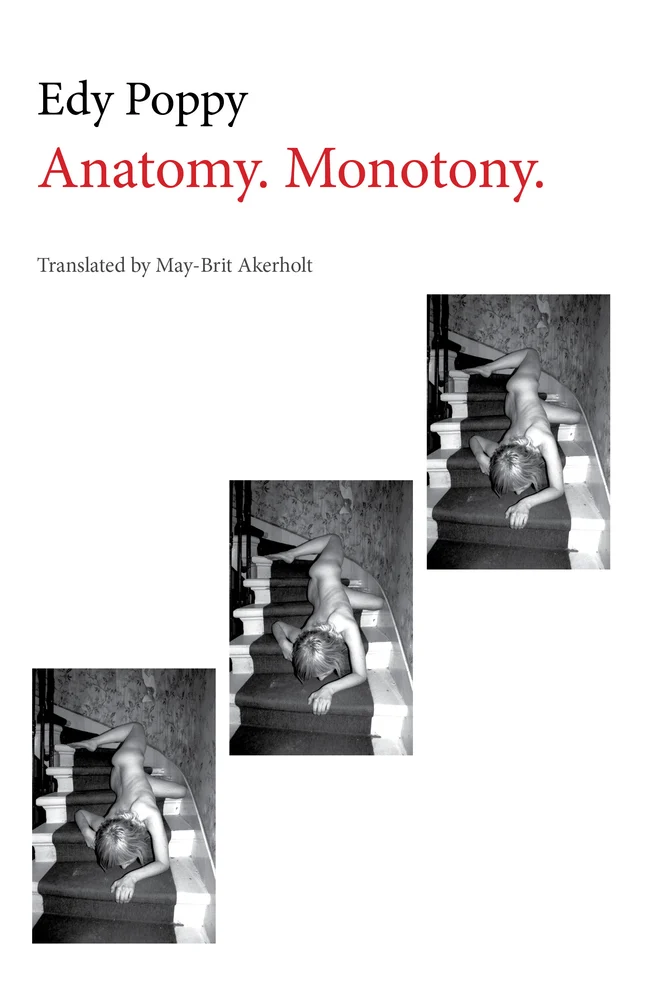Book by CATHERINE CHUNG
Reviewed by
 Early in Catherine Chung’s debut novel, Forgotten Country, the narrator’s mother and aunt, as girls in Korea soon after the war, come upon an unexploded bomb in the woods.
Early in Catherine Chung’s debut novel, Forgotten Country, the narrator’s mother and aunt, as girls in Korea soon after the war, come upon an unexploded bomb in the woods.
“It can’t go off now, can it?” her mother asks.
“Of course it can,” the sister answers. “It happens all the time, don’t you know anything?”
The bomb does not go off, and the sisters make up afterward, and when the elder sister goes to university, she is taken in the night by North Korean agents and never heard from again.
Forgotten Country is unrelenting with such reversals, but with such calm assurance that I had the sense of being borne along on a great river whose pace was not immediately apparent for its scale. There are few moments that cascade into edge-of-one’s-seat crisis; I soon learned to read every page at the edge of my seat, for what is liable to happen when the bombs don’t go off. The book is exquisitely attuned to loss, potential, ongoing, and newly recovered. In its clear-eyed telling, backyards, teenage bedrooms, dorms, paths through the woods are as tragedy-prone as war zones and hospitals. The book reaches back from the present to the Japanese occupation of Korea. While screenwriting and fiction instructors (and workshoppers) often caution against the drama-draining potential of focusing on events that have already happened by the point when the reader or viewer enters a narrative, Forgotten Country’s drama arises from its very non-linearity, from juxtapositions, and characters for whom “past” is far from “over.”
The novel is narrated by Janie, born Jeehyun in South Korea and re-christened by the principal of her first American school when her parents relocate to Michigan for fear of political oppression. She is a mathematics PhD student when the novel begins—or rather, at the time which she, relating the story from an unspecified point in the future, chooses to open it. That distinction is central to Forgotten Country’s energy. Where is Janie leading us? Toward actual, physical crisis, yes; but toward what inner crisis or resolution?
Janie is Forgotten Country’s Ancient Mariner, fixing the wedding guest (us) with her uncanny eye. She is Ishmael, who alone escaped to tell, and Nick Carraway, who wanted the whole world at a kind of moral attention when he came back from the events of The Great Gatsby. First person narration is sometimes thought of as the most intimate or immediate point of view; but it is more the point of view with the strongest agenda. First person narrators have always come back from a place of which only they can tell (they think); they’re always making a case.
While Forgotten Country is always measured and clear—I would say “limpid” over the reviewers’ favorite, “luminous”—I never rested sure that Janie was relating it from a place of safe return. Describing her parents’ fights in the years when they were trying to have a baby boy, Janie says their “moods were like the weather: inexplicable, changing.” She performs a kind of dissection of the commonplace expression, inverting it into a definition that suggests uneasy needs both for poetry and single, undisputed interpretations of it. Against her general reserve, such moments are essential perturbations, tremors revealing deep fault lines all the more unnerving for her wider confidence in appropriating stories of her mother and father, aunts and uncles, grandparents, and Korean legends. Siblings lose one another; children lose parents through disobedience, and (in legends) regain them through sacrifice. Always the stories uncomfortably parallel hers, like legal precedents for a ruling that remains unstated. Relating her traveling alone to Los Angeles to retrieve her runaway sister, while their parents fly to Korea for medical treatment for their father, she keeps the emotional register cool by interrupting the sisters’ arguments with more of their childhoods. The stories accumulate into a current whose depths Janie can read but cannot halt or alter.
Toward the end, she writes that, “when the movements [of the earth and sun] are vast enough, we cannot sense them.” Her effort to trace them through small, precise descriptions of points along the way is as much the “action” of Forgotten Country as are the physical events she describes. As the novel shifts from the suspense of the unknown to the momentum of the inevitable, the distance between Janie the character and Janie the narrator who is addressing us, between Janie and her thoughts, marvelously collapses. Far from the past closing off, I had a sense here of Janie gathering it up so that the sisters, their history, and I were all going forward in step.
Chung steps back, there and elsewhere, into almost liturgical cadences of expiation and mourning, reverence and blessing—one of the graces afforded by novelistic scale, to be able to mingle high tones with casual contemporary diction. She is equally sure-footed in line, chapter, and overarching shape. For all its fullness, Forgotten Country treads with a remarkably light step. It will be praised as a novel of immigration, family, and coming of age. It is equally a formal success that bodes well for Chung turning to any subject she wants. Lucky us.
Sarah Malone has published work in Five Chapters, PANK, The Collagist, The Awl, Open City, and elsewhere. She has an MFA in Fiction from the University of Massachusetts Amherst, where she was a Juniper Fellow and Assistant Director of the Juniper Literary Festival.



